

When you consider your cat as a member of your family, their loss you feel is just as deep as the loss of any other loved one. Your cat was there for you every single day, through thick and thin. They were your confidant when you were upset, your cuddle buddy on cozy nights, and your best friend no matter what. They held a significant place in your life, so it's only natural for their death to be a heart-wrenching and even traumatic experience. Coping with such intense grief can feel like life has come to a standstill.
While it will always be difficult, the following tips from grief support professionals can provide some guidance in navigating this painful journey. First and foremost, it's crucial to allow yourself to let out your emotions. Many people feel the need to hold in their feelings, thinking that by ignoring the pain, it will eventually go away. However, suppressing these emotions will only lead to their festering and growing.
In order to move forward, you must acknowledge your grief. Start by having a conversation with someone who won't judge or dismiss your feelings. They don't even need to respond, just listen. Share your fondest memories of your cat from the day you first met until the day you said goodbye. If you don't have someone you feel comfortable talking to, consider seeking support from a pet loss hotline or support group. Once you've expressed your emotions, it's important to allow yourself to cry, scream, or release your emotions in whatever way feels right for you. Feelings of guilt often accompany the grief of losing a pet.
Many pet owners hope for their furry companions to pass away peacefully in their sleep after a long and happy life. However, this is not always the case, and many cat owners are faced with the difficult decision of euthanasia. It's essential to reframe your thinking and see euthanasia as a gift rather than an end to your cat's life. While it's an incredibly difficult decision, it prevents your beloved cat from suffering in their final days. If guilt lingers, address those emotions directly and open up about them to find some resolution.
Finding closure is an important part of the grieving process. Just as we come together to mourn the loss of human family members, creating a space to acknowledge and celebrate your cat's life can be incredibly healing. Consider organizing a small gathering or ceremony where loved ones can pay their respects. If that doesn't feel right for you, there are other ways to commemorate your cat, such as creating a memorial or making a donation to an animal shelter in their honor. These acts can provide a sense of peace and understanding during this difficult time. Remember that there is no timeline for grief, and you shouldn't feel pressured to "move on."
Everyone's grieving process is unique, and it's important to give yourself the time and space you need to heal. If the death of your cat starts to have a long-term impact on your emotional well-being, don't hesitate to seek help from a mental health professional. They can provide support and guidance to help you navigate this challenging period. It's important to acknowledge and validate your emotions throughout this process. While some people may belittle the pain of losing a pet, psychologists acknowledge that grieving a beloved cat can be just as, if not more, agonizing than grieving a human family member. Recognize that it will be difficult, but take it one step at a time, and incorporate these strategies into your daily life.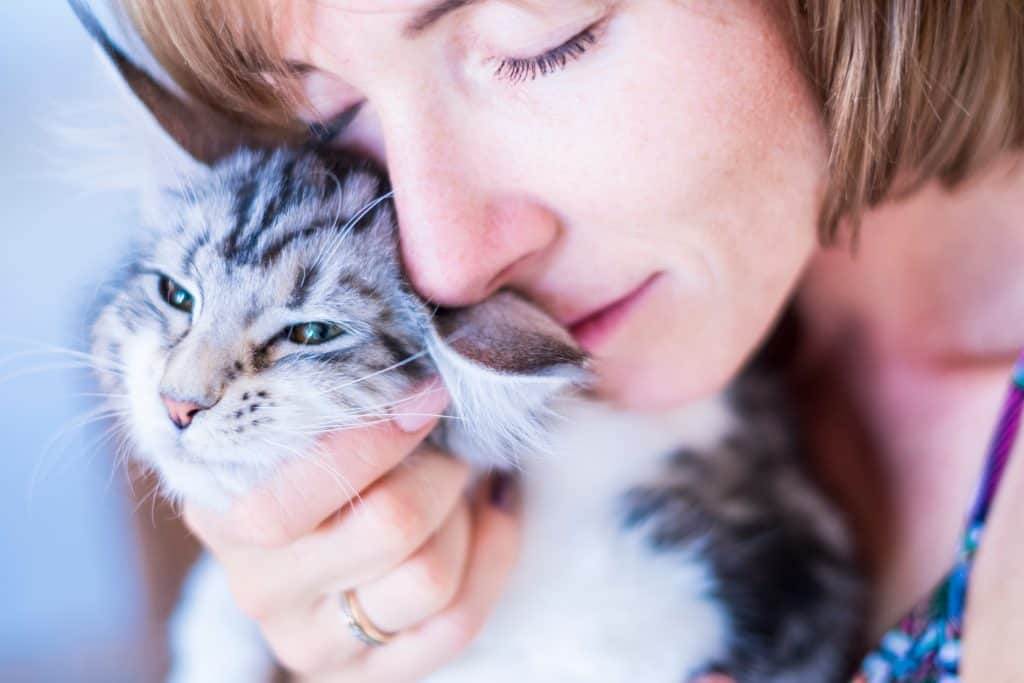
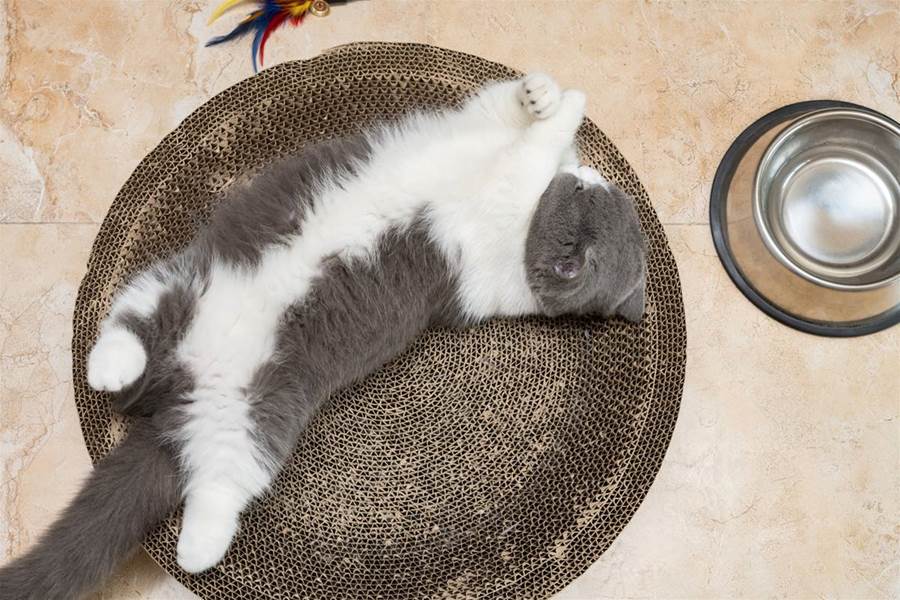
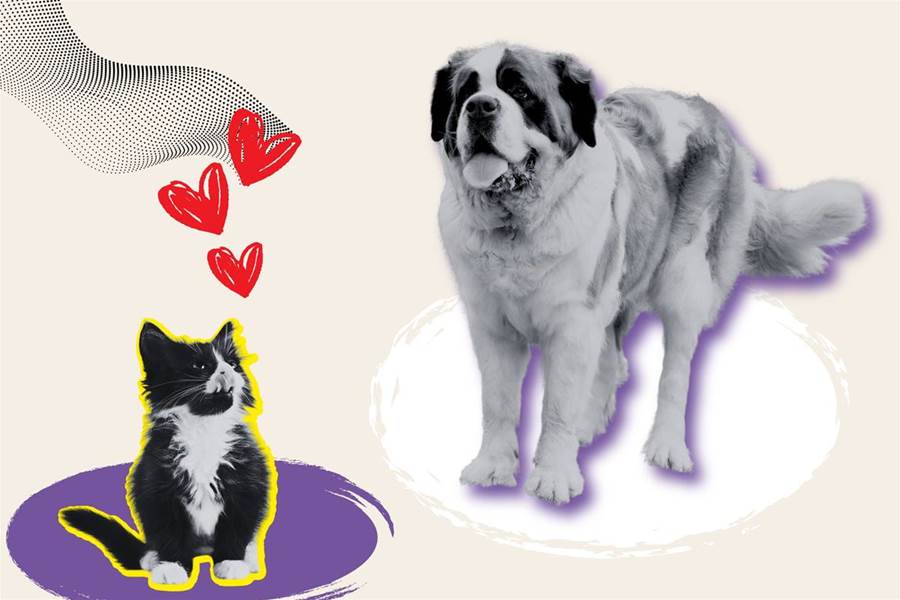
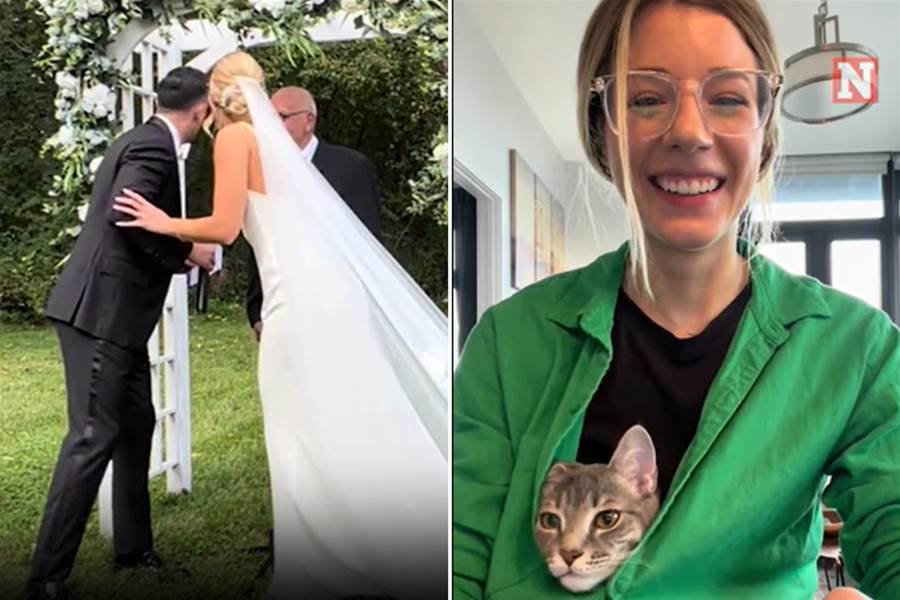
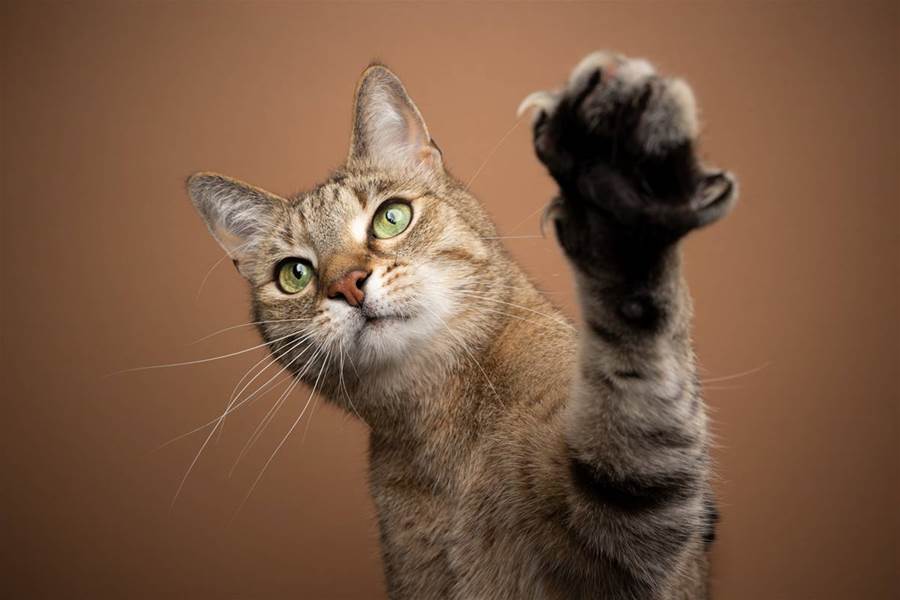
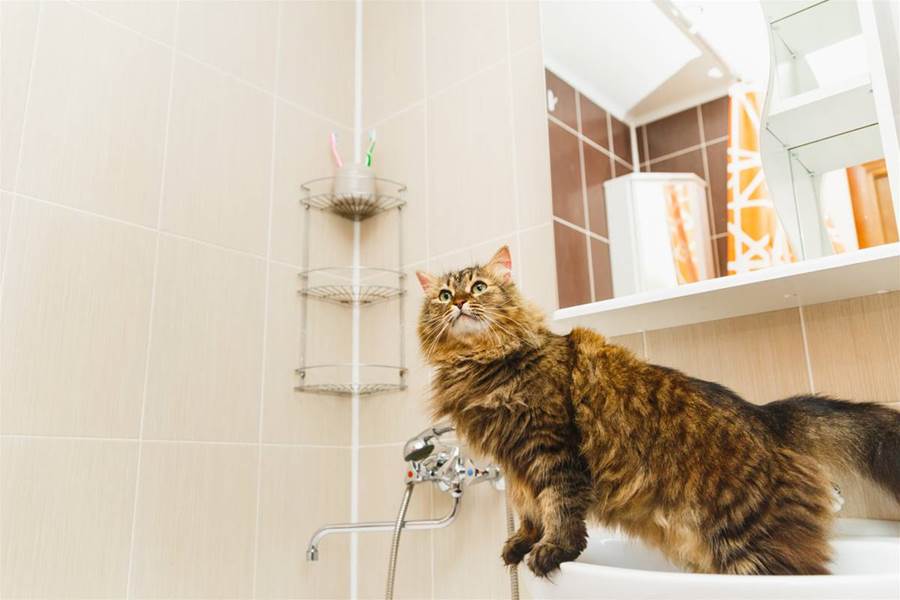
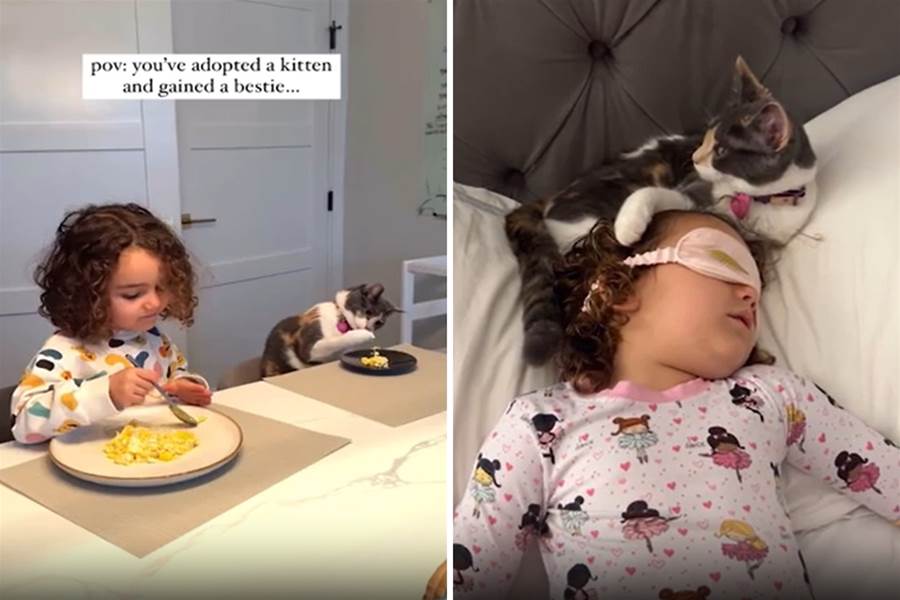
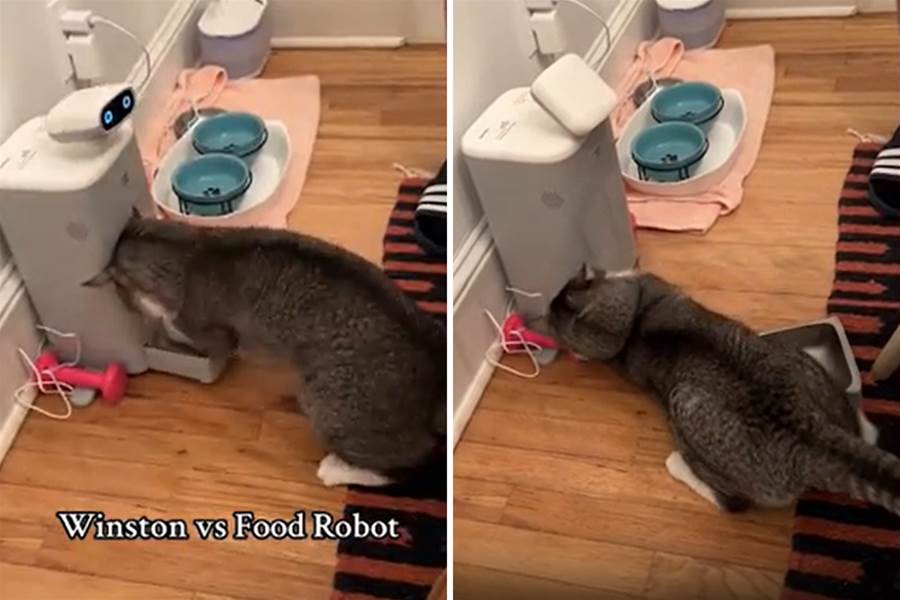
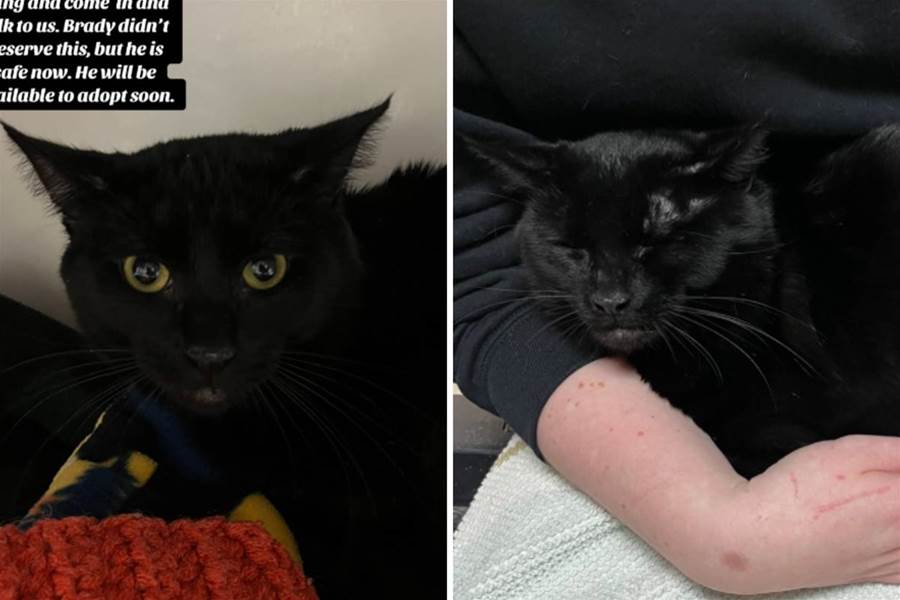
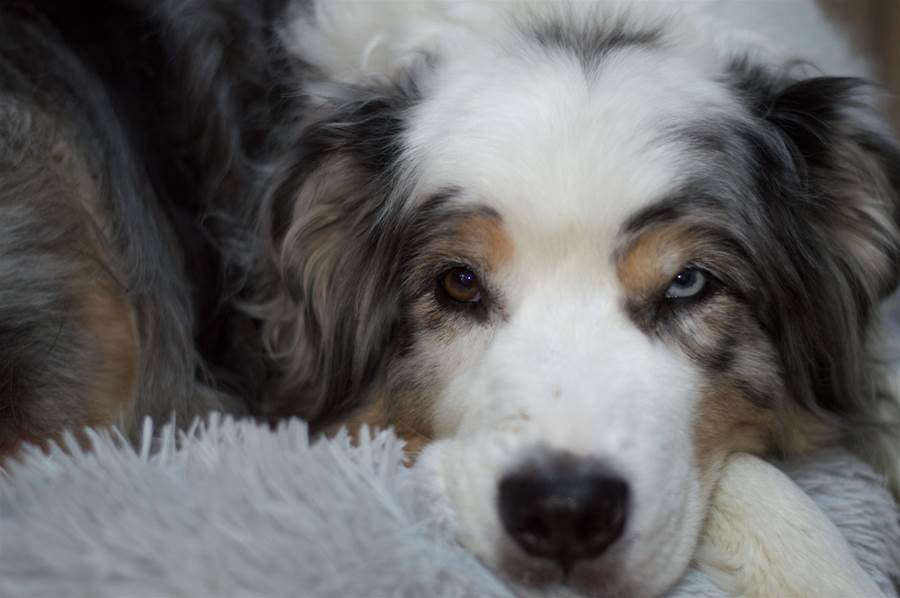
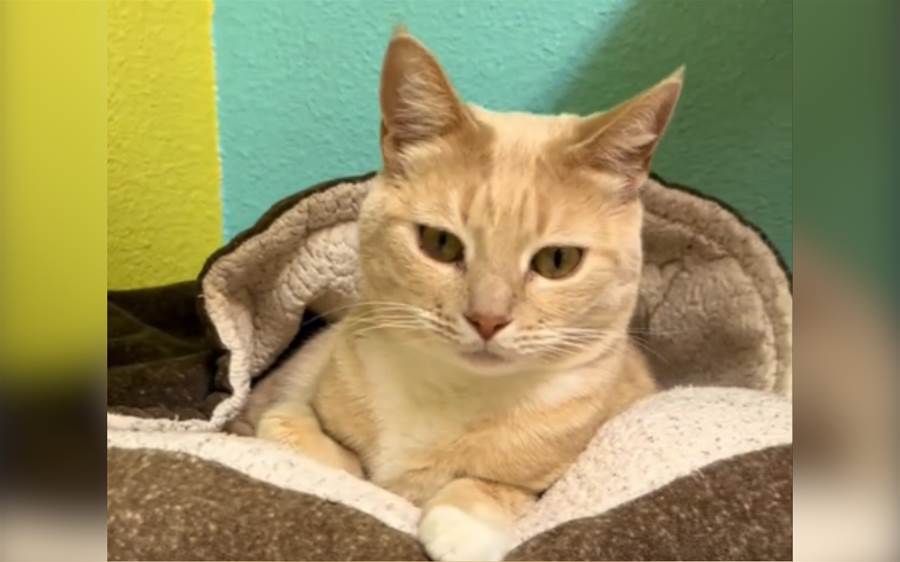
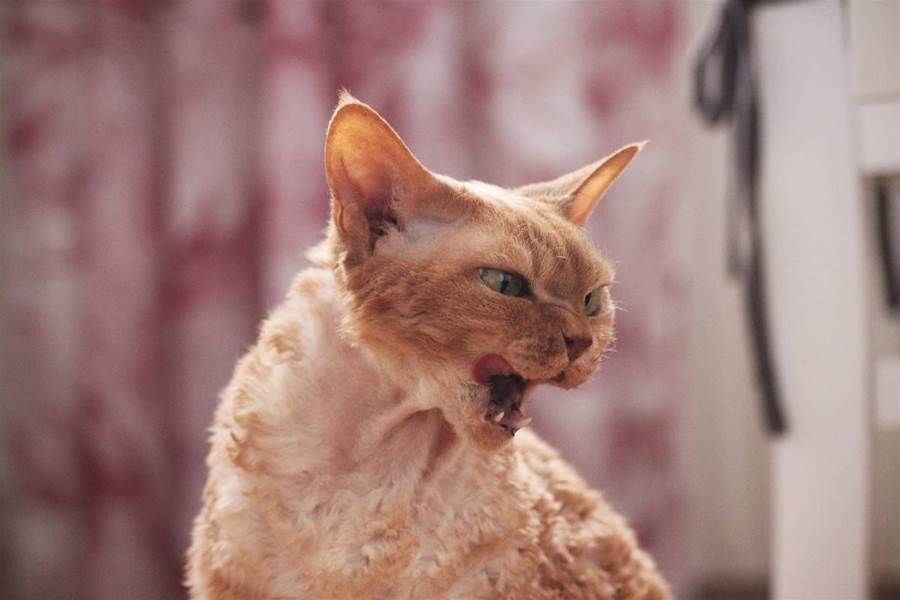
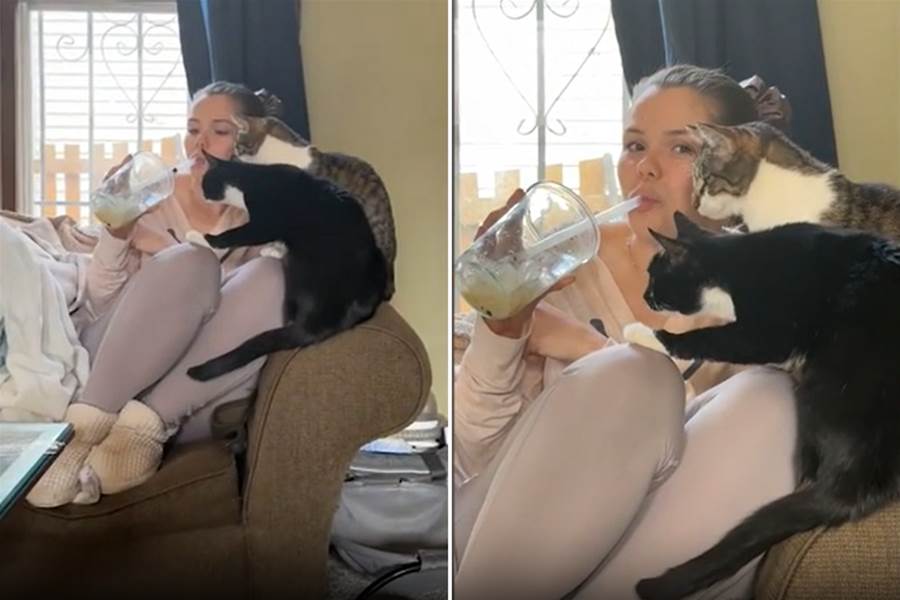
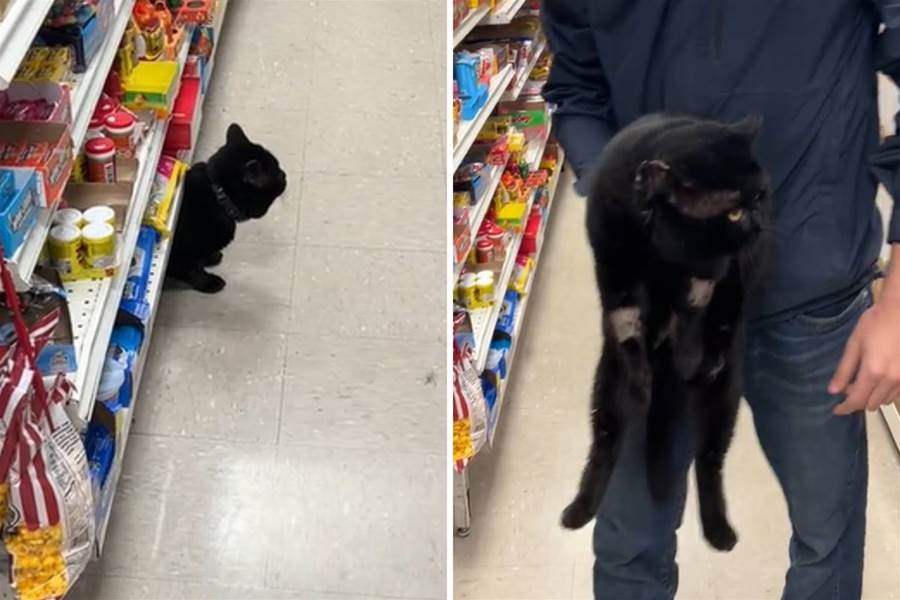

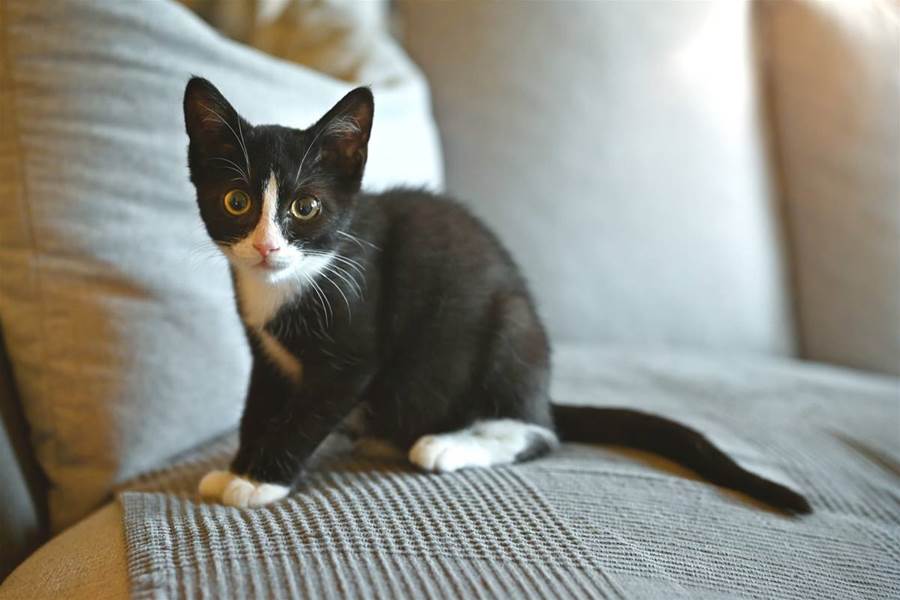

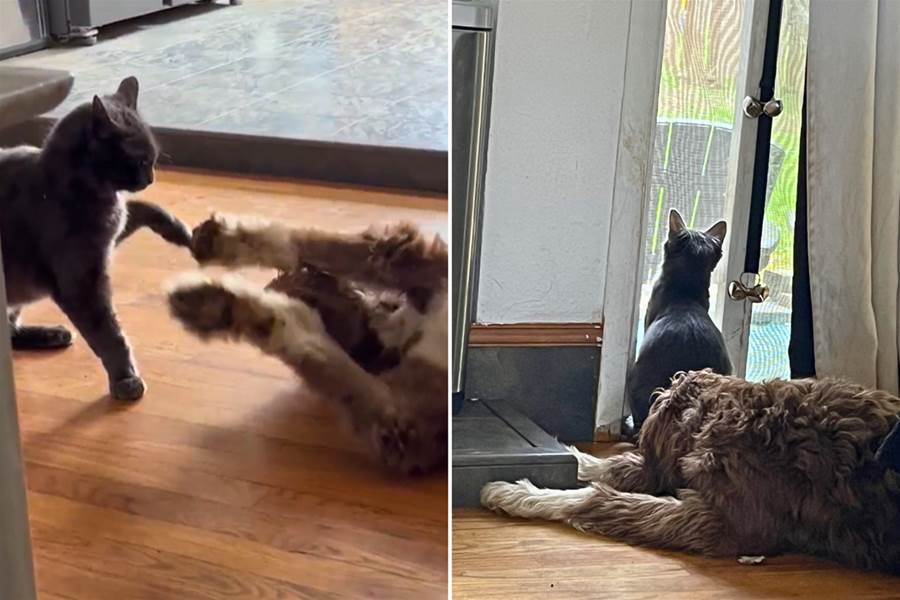
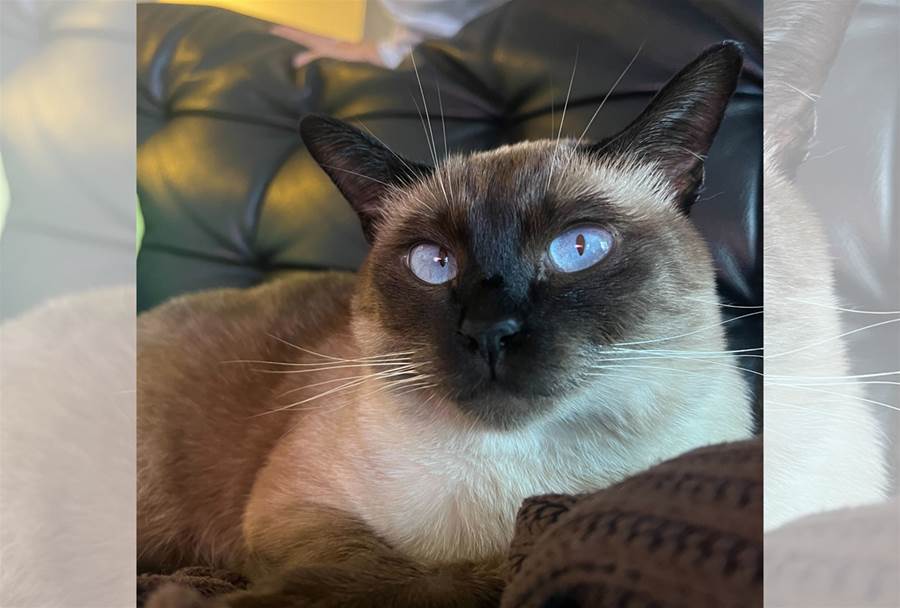
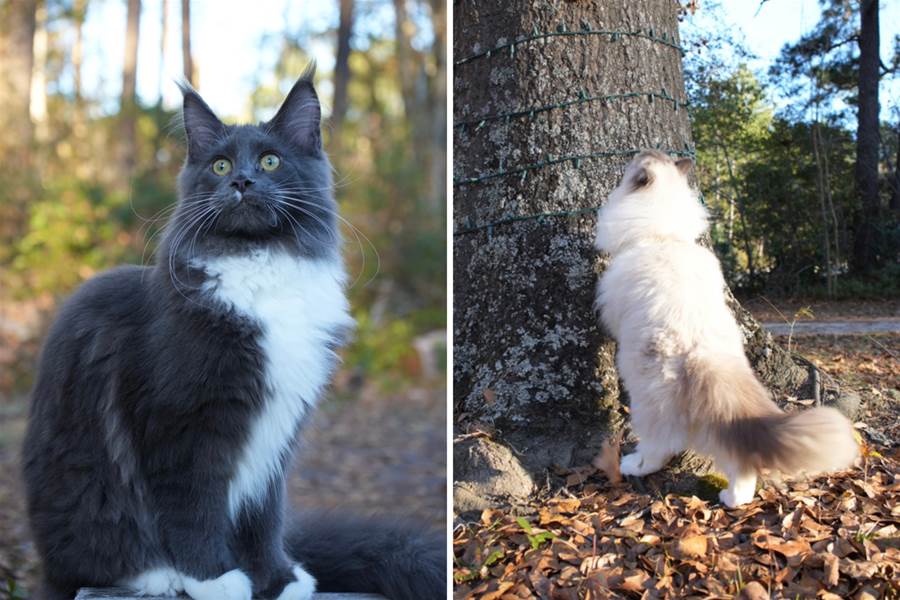
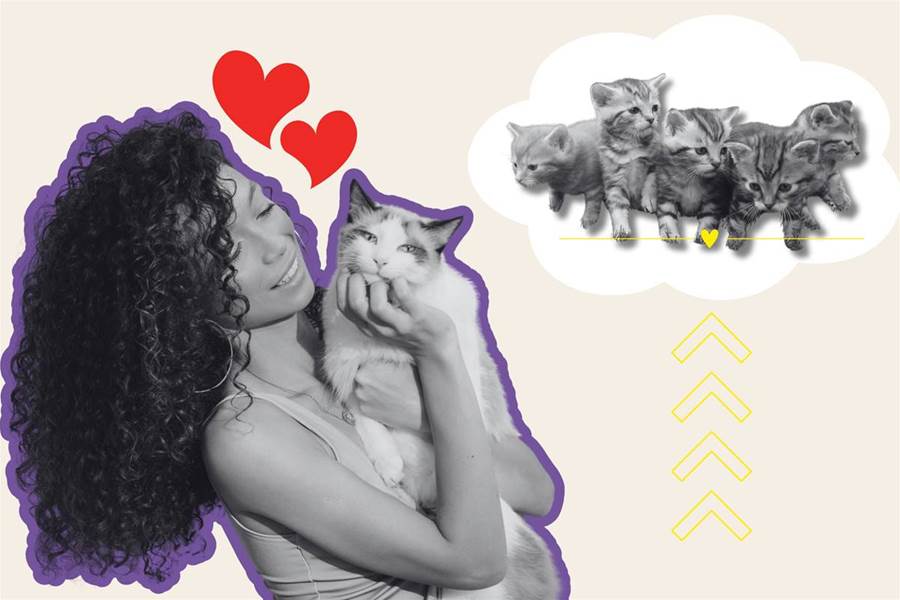
代表者: 土屋千冬
郵便番号:114-0001
住所:東京都北区東十条3丁目16番4号
資本金:2,000,000円
設立日:2023年03月07日
